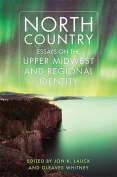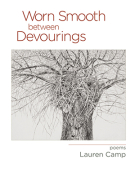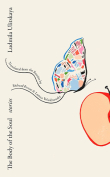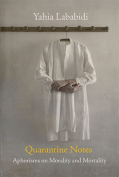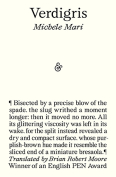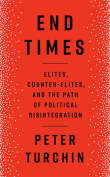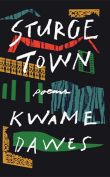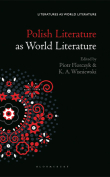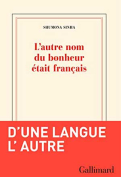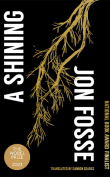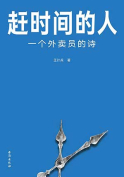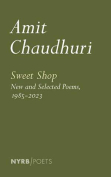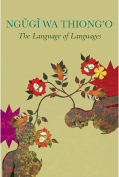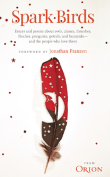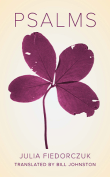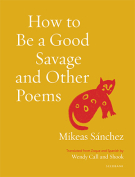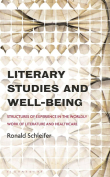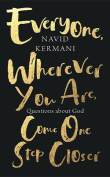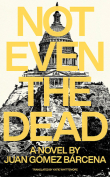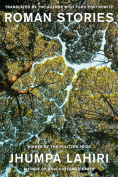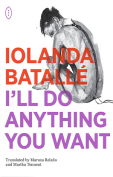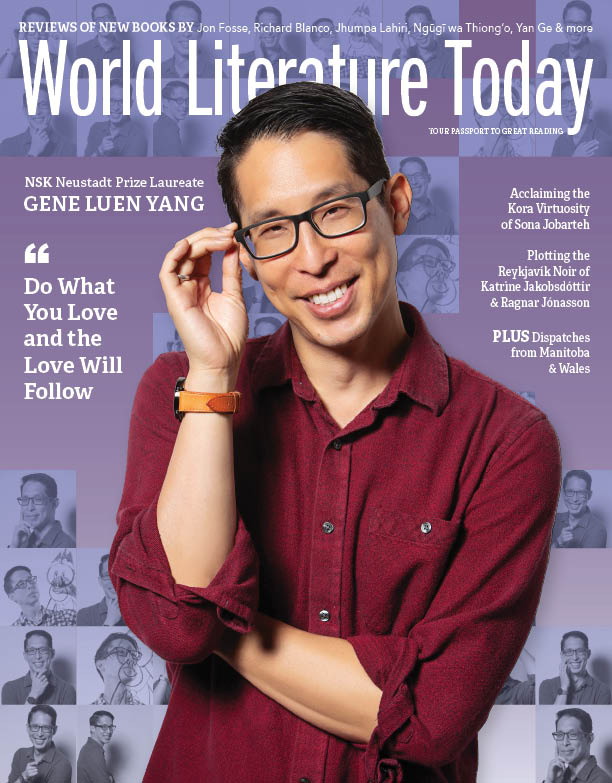Everyone, Wherever You Are, Come One Step Closer: Questions about God by Navid Kermani
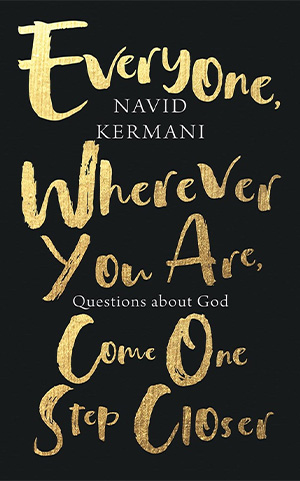 Cambridge, UK. Polity Press. 2023. 225 pages.
Cambridge, UK. Polity Press. 2023. 225 pages.
Today, confessional memoirs often hail from the margins of religious experience. With Christian Wiman’s My Bright Abyss (2013), it is that of the hesitating convert, the modern man who cannot quite believe they have lapsed back into religiosity. In Emmanuel Carrère’s The Kingdom (2017), it was actually the convert who reconverted back to secularism again, seamlessly continuing that life, and the impact of his Catholic years apparently eradicated. When the Dutch author Willem Jan Otten said of Blaise Pascal: “He hides God like he hid his Mémorial . . . in the lining of his think-world,” he conveyed this very contemporary modality of faith: a faith in excess of all motivation or reason. Indeed, the authors mentioned all share in this religious sensibility of submitting to a God who is only love, and not one of power.
Navid Kermani’s new book, Everyone, Wherever You Are, Come One Step Closer, often voices that same sensibility, though, interestingly, it speaks another language as frequently. Indeed, Kermani’s position is squarely with his religion. The writer and philologist based in Cologne writes his book as a series of lessons in Islam, and the poetry of the Qur’an in particular, prepared for his daughter—the clarity of the prose risks fudging the difficulty of the substance, while the banter with the (absent) daughter may appear a little generic. And as much as he is able to see how faith for the contemporary secular reader would reside in this unmotivated sphere, or perhaps for that very reason, Kermani presents the solid, substantial reasons of why one would believe: the divine traces within the world, the happiness that a religious life affords, the ways in which quantum physics may close the gap between scientific and religious understandings of Being—that is, for reasons epistemological, ethical, and ontological.
Hence, Kermani sets himself up for the challenge of navigating between a God of love and a God of power—the God we hope for regardless, and the God we follow because. Some of the strongest chapters of the book, besides critically engaging with contemporary Islamic practice, are devoted to trying to answer, or respond to, the ensuing questions about God’s omnipotence and benevolence, and of Islam’s universality and idiosyncrasy. It is the great credit of this book that it knows its way between these different notions of divinity. Perhaps this ought not to surprise, as Kermani has devoted his writing career to bridging yet another gap that intersects with the former two: that between the East and the West.
This must be the philologist’s project: to let the love of language flow between the Occident and Orient. This flowing is also a breathing, a metaphor Kermani has developed in his earlier book of essays Between Quran and Kafka: West-Eastern Affinities (2016) and takes up again here: breath brings life to things that would be dead without it. The same philological principle, applied faithfully here, brings out the poetical and historical relievo of these religious traditions.
Arthur Willemse
Universities of Maastricht and Hasselt
